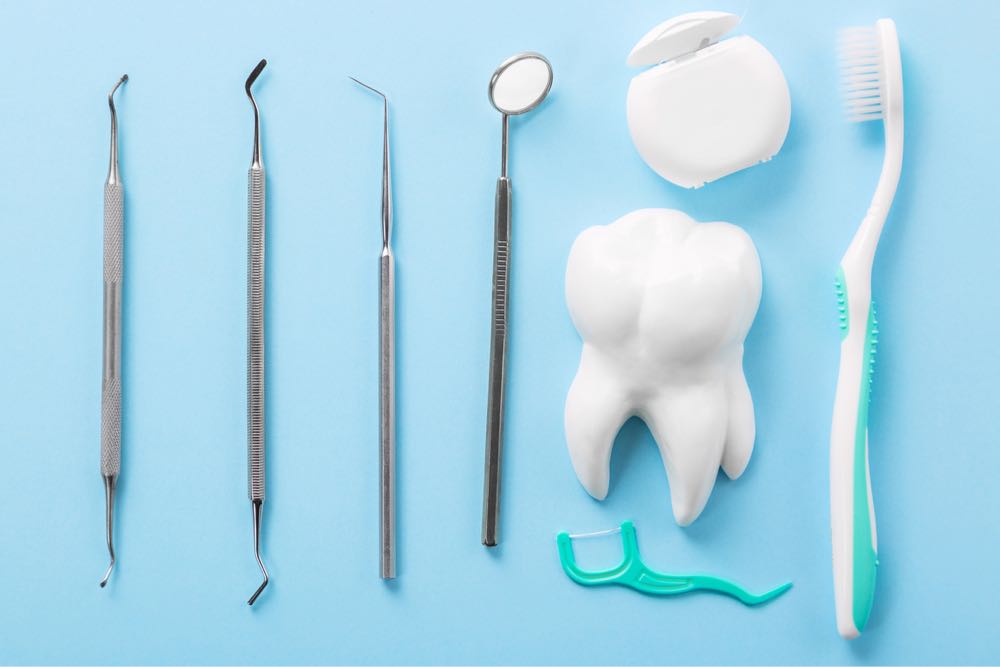Contents
The Necessity of Dental Care
Consistent and thorough dental care is indispensable to overall health and well-being. It prevents common dental problems such as cavities and gum disease. It has the potential to serve as an indicator of broader health issues, sometimes revealing early signs of diseases such as diabetes or heart disease. Unfortunately, dental care is often deferred or neglected because of its costs, exacerbating problems that demand more complex and expensive treatments. To bridge this gap, dental payment plans are becoming increasingly popular, offering a viable solution for many who might otherwise forgo necessary care due to financial constraints.

The barriers to dental care are not solely financial; geographical and educational factors also play significant roles. Many individuals live in areas where dental services are scarce or need to be made aware of the importance of regular dental check-ups. Despite these challenges, the flexibility offered by dental payment plans means that more people cannot only afford care but are also more informed about the importance of maintaining oral health.
Sound oral health management is multifaceted, requiring regular cleanings and check-ups and education about home care practices. Implementing an effective financial plan empowers patients to seek professional dental services, ensuring lasting oral health regularly. This approach to accessibility is crucial in promoting a health-conscious mindset within the community.
What Are Dental Payment Plans?
Dental payment plans are structured finance options that allow patients to pay off their dental treatment costs over a set period. This often manifests as a contract between the patient and the dental practice, articulating specific payment terms, typically including a down payment followed by monthly installments. Some payment plans also offer zero or low-interest rates as part of promotional offers or through special healthcare credit cards designed specifically for medical expenses. The utility of these plans lies in their ability to provide a means for patients to receive immediate treatment without the burden of immediate full payment. Through strategies like advanced billing and scheduled payments, these plans reduce the financial intimidation often accompanying dental care.
Contrasting sharply with the traditional lump-sum payment methods, dental payment plans acknowledge the financial realities of many patients. These plans are tailored to align with various budgetary constraints, making dental health a reachable goal for a wider demographic. Patients can plan and budget for their healthcare without fearing unexpected medical bills disrupting their financial stability by offering a predictable payment structure.
Advantages of Using Dental Payment Plans
Financial barriers can deter timely dental treatments, leading to aggravating conditions that are otherwise manageable or preventable. The principal advantage of dental payment plans is their contribution to making essential dental care accessible. Patients who are comfortable with their payment schedule are more likely to undergo necessary treatments and follow up on their dental health needs. It is observed that with the financial burden alleviated, patients focus better on their treatment plans, resulting in improved adherence to care regimens and recommended follow-up visits. Consequently, dental payment plans have become indispensable in fostering a system where dental care is not perceived as a luxury but as an integral component of healthcare that is obtainable and financially manageable.
Considerations When Choosing a Dental Payment Plan
Choosing an appropriate dental payment plan is a decision that necessitates careful thought and comparison. Important factors should be considered before committing to a plan, including the specific payment terms, interest rates, and whether dental practices or third-party financial services directly offer the plans. The plan’s flexibility and the provider’s credibility are paramount aspects to examine to ensure the chosen plan accords with one’s short-term and long-term financial and dental goals.
It is also imperative for patients to be mindful of any additional fees beyond the quoted treatment cost, which might include administrative fees or penalties for late payments. To avoid unfavorable conditions, prospective plan participants should actively pursue clarity and transparency in all aspects of their chosen dental payment plan. Adopting the habit of thorough plan comparisons, evaluating consumer reports, and seeking guidance from financial advisors or dental office managers are prudent steps toward a secure and suitable dental financial arrangement.
Dental Payment Plans and Preventive Care
Preventive dental services, such as regular check-ups, cleanings, and educational discussions on oral health, are crucial to staving off dental diseases and conditions. Dental payment plans have been observed to significantly influence patient behavior toward a greater commitment to preventive care because of the ease with which these services can be financed over time. The incentive to maintain good oral health becomes stronger when faced with the prospect of smaller, periodic payments rather than lump-sum fees. Patients can maintain a consistent relationship with their dental care providers, which is essential for early detection of potential issues and implementation of timely preventive measures.
The link between accessibility to care and extensive use of preventive services cannot be overstated.
The Long-term Benefits of Dental Payment Plans
The long-term oral health benefits arising from using dental payment plans are substantial. Consistently engaging in preventive care and early intervention treatments allows for detecting and managing oral health issues before they escalate into more severe conditions requiring complex care. This proactive approach can also lead to significant cost savings in the long run, as the expense associated with advanced dental procedures is often much higher than that of routine care.
By diffusing the cost of dental care over time, dental payment plans provide a pathway to sustained oral health that is less financially disruptive for patients. This economical approach to dental care is not only a smart investment in one’s health but also contributes to a decrease in emergency dental visits, which can be distressing and expensive. When considering the cumulative costs and benefits, the value proposition of dental payment plans is clear: investing in ongoing, manageable dental payments can thwart the need for pricey, avoidable procedures and promote lifelong oral health.
Dental Payment Plans and Emergency Care
Unexpected dental emergencies, such as a broken tooth or acute pain, require immediate attention and can be a source of anxiety for many — particularly if they are unsure how they will afford treatment. In such scenarios, dental payment plans can be a godsend, providing individuals with an immediate solution to manage the financial implications of emergency care. Knowing that a structured financial framework is in place can offer patients peace of mind and the ability to focus on recovery rather than costs.
Therefore, when evaluating different dental payment plans, patients must consider the inclusion of emergency care services. A well-considered dental payment plan should provide comprehensive coverage, allowing patients to address scheduled treatments and unforeseen dental emergencies without financial trepidation. Embracing such foresight in financial planning can safeguard patients against unexpected dental health crises and ensure that necessary care is always in reach due to cost concerns.




